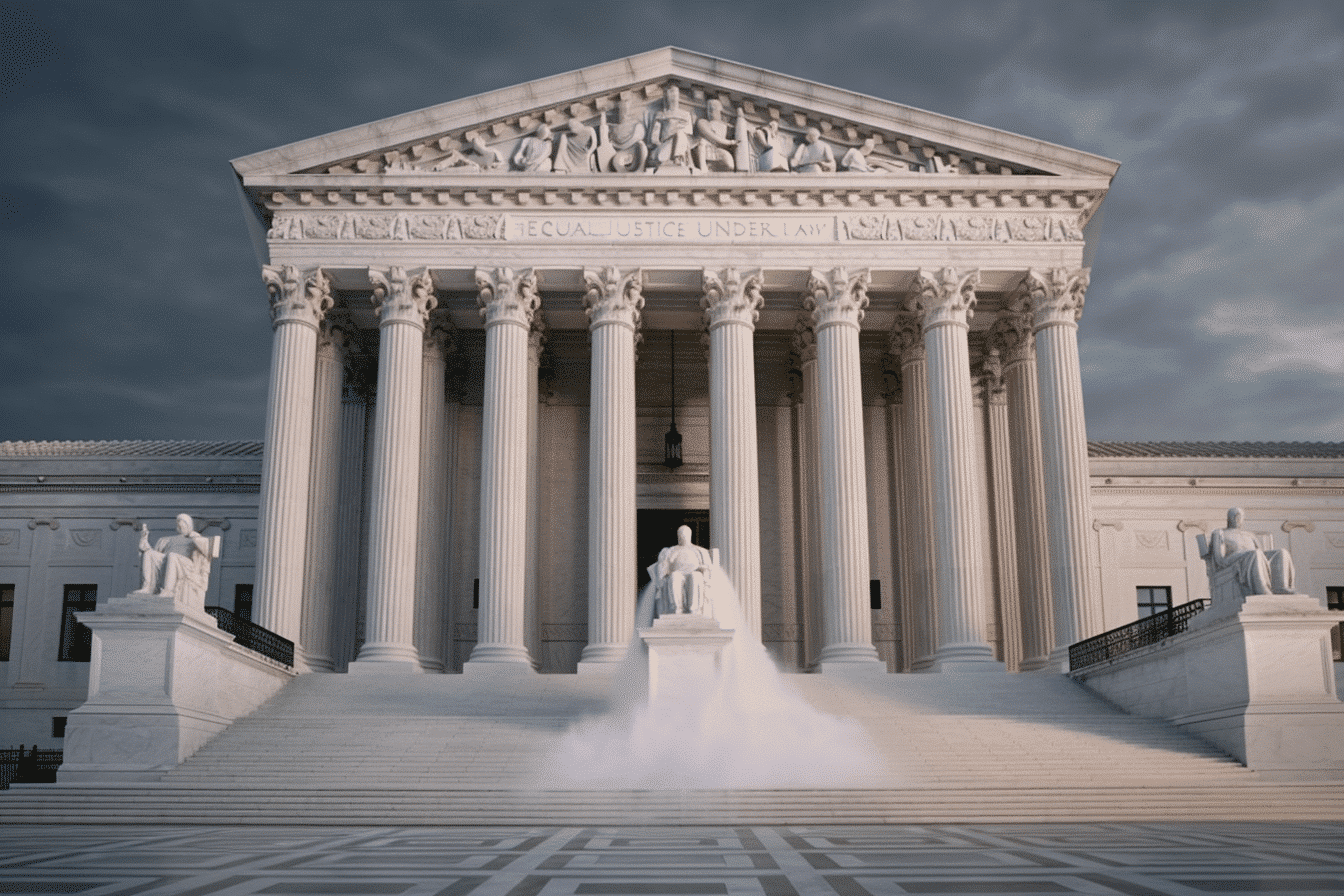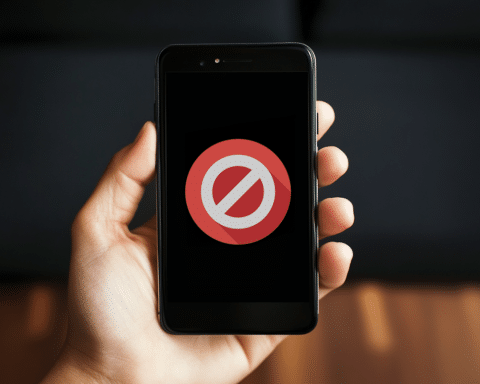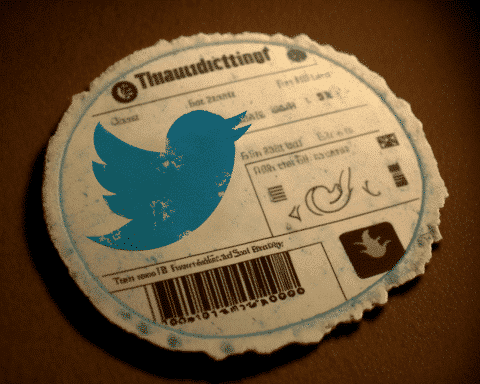The Supreme Court chose not to decide on a Google case that could have paved the way for increased legal action against social media corporations.
The case, filed by the family of a US college student tragically killed in an ISIS attack in Paris, has been sent back to a lower court. The family sought to sue Google, asserting that YouTube videos, a platform owned by Google, played a role in attracting and radicalizing ISIS recruits.
Google invoked a 1996 law granting legal immunity from such lawsuits, a stance that lower courts supported. The law generally provides a legal safeguard for social media companies against liability for content posted by others.
The Supreme Court had initially agreed to assess whether this legal protection was overly expansive. However, during February’s arguments, many justices appeared hesitant to intervene at this stage.
Through an unattributed opinion, the court stated it was opting not to consider the law in question for now.
This result favours the tech industry, which had forecasted significant turmoil on the internet had Google been defeated. Nonetheless, the Supreme Court still has the option to revisit this issue in a future case.
Additionally, the court ruled on a separate lawsuit concerning Google, Twitter, and Facebook. This suit was heard on the same day in February and aimed to make these companies liable for a terror attack at a nightclub in Turkey, resulting in the death of 39 people.
A lower court had permitted this lawsuit to proceed under an anti-terrorism law. However, the Supreme Court unanimously determined that this case couldn’t advance.
The Supreme Court’s recent decisions reflect its current stance on tech companies’ legal immunity. Although the tech industry can breathe a sigh of relief for now, these unresolved issues continue to leave a question mark over the future interpretation and application of the 1996 law. While Google, Twitter, and Facebook have escaped liability in these specific cases, the ongoing debate regarding the role and responsibility of social media platforms in terrorist activities may yet result in further legal challenges.




